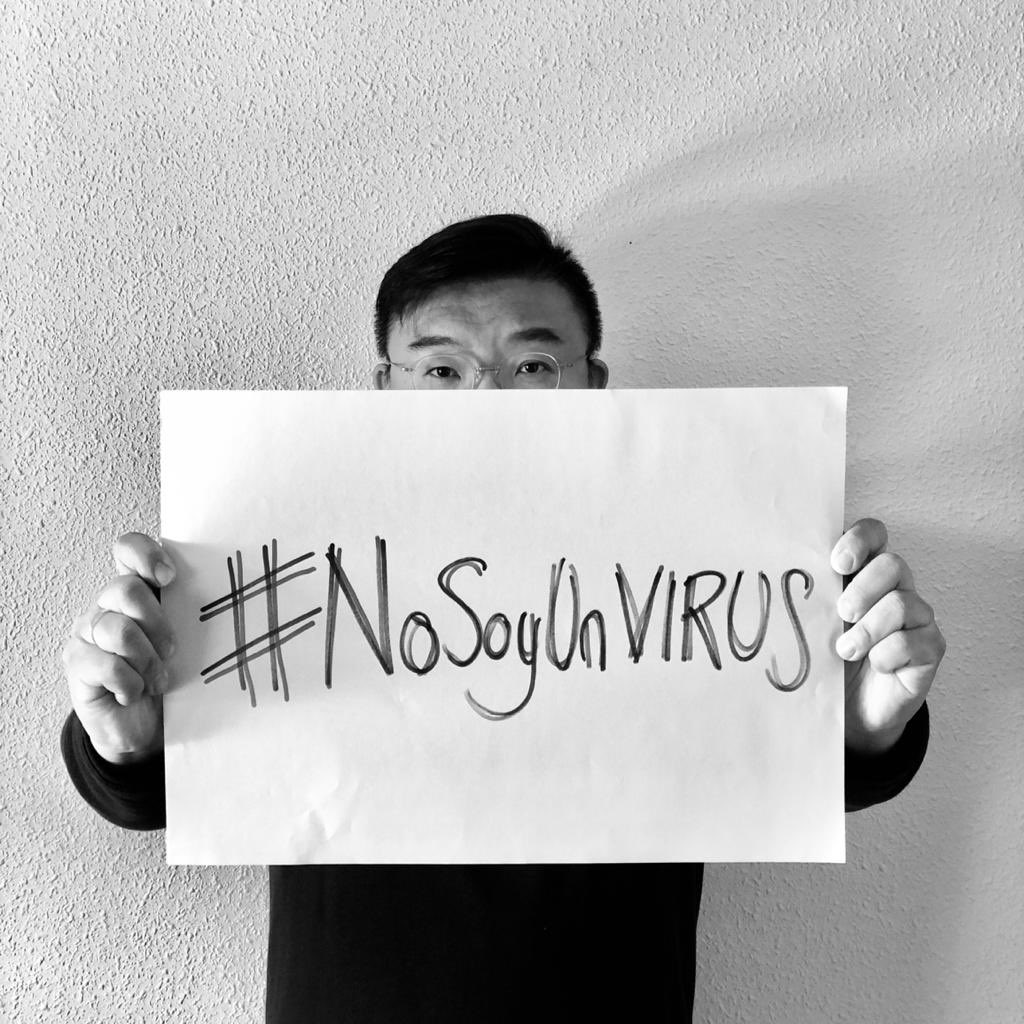
Pennsylvania and Philadelphia leaders stand together in denouncing COVID-19 related discrimination
Both the Governor’s advisory commissions and Philadelphia City Council released statements on April 7 against racism against members of the Asian-American…
In a recent FBI analysis obtained by ABC News, the bureau warned of an uptick in hate crimes against Asian Americans across the U.S. amid COVID-19’s massive spread around the country.
The animosity has flimsy roots in the fact that China was the country of origin for the novel coronavirus that has now infected more than 1.5 million people worldwide and killed almost 90,000.
In a little more than two months since the first diagnosis in the U.S., the country has skyrocketed to the top of the world in infections and is closing in on Italy for the most deaths worldwide.
The resulting panic has left many wanting a scapegoat for the virus, and in desperation that often falls along racial lines. COVID-19’s pandemic is no different
That rhetoric is only amplified on social media platforms and by U.S. President Donald Trump, who has blamed China in front of the nation on multiple occasions for his administration’s own inability and lack of preparedness for COVID-19.
This is despite knowing about its pandemic potential early on in its arrival on U.S. soil.
The president also called the coronavirus “the China virus” for a time and refused to stop using it more than once before conceding.
To combat the coronavirus wave of discrimination against Asian Americans, many state and local leaders across the country have called for an end to it.
In Pennsylvania, both Governor Tom Wolf’s advisory commissions and Philadelphia’s City Council have released statements denouncing COVID-19 discrimination.
“Hate is just one more symptom of this terrible disease. If we want to win our war against COVID-19, then we all need to work together,” said Wolf in a statement.
PA Advisory Commission on Asian Pacific American Affairs Chairperson Wasi Mohamed said the discrimination in the state has not just come in the form of physical and verbal assaults, but also in “the boycotting of AAPI [Asian American Pacific Islander]- owned businesses, the denial of public accommodation, and the denial of access to relief efforts.”
RELATED CONTENT
“All Pennsylvanians are facing the COVID-19 pandemic together, but not all are being blamed for it,” he said.
Mohamed also noted the more than two million AAPI healthcare workers potentially facing discrimination on the frontlines of the virus.
In Philadelphia, City Council released a similar statement signed by all its members on April 7.
Before the virus had crossed the country, businesses in the city’s Chinatown neighborhood were already feeling the economic effects of xenophobia as many saw major drops in business.
On March 26, many members of Philly’s Asian-American and other immigrant communities held a virtual town hall with City Council where many shared stories of their harassment and alienation because of COVID-19.
“We stand with them in denouncing this language,” read City Council’s statement.
“Asian Americans account for eight percent of Philadelphia’s population. The vibrancy of the Asian American community cannot be overstated. Asian businesses and enterprises are an economic engine for our city,” it continued.
Despite the discrimination their community has faced, the Philadelphia Chinatown Development Corporation donated 27,000 surgical masks to Philly hospitals in an effort to battle COVID-19.
Pennsylvania urged its residents to report any instances of discrimination to the Pennsylvania Human Relations Commission.










LEAVE A COMMENT: